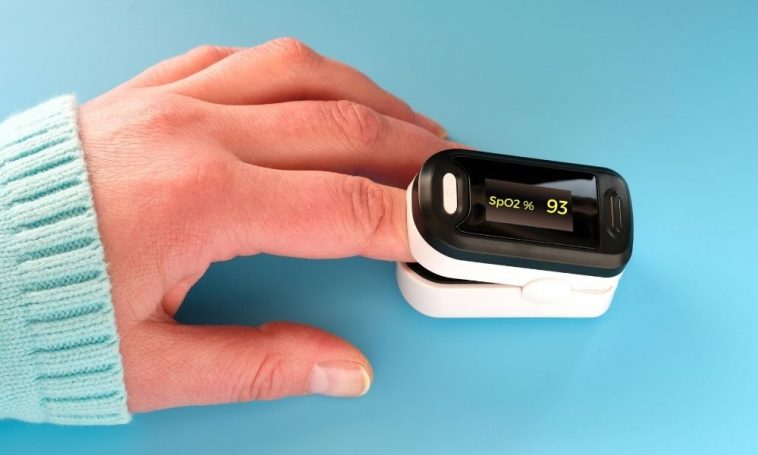When you or your loved one is living with specific health ailments, you must do all you can to ensure proper symptom management. Otherwise, you risk worsening your condition and even bringing about further discomfort. It’s for this reason that doctors often recommend that their patients acquire specific medical monitoring devices to use at home. These pieces of equipment are designed to test aspects of a person’s current physical condition so that they can remain aware of their health. The readings you gain from these devices allow you to take action to correct your physical state and improve your overall condition. Best of all, many of them are very easy to use and won’t inhibit your daily lifestyle. So in the interest of tracking your health as well as that of those around you, these are a few medical devices you should have available at home.
Digital and Backup Thermometers
Even if you aren’t living with any chronic physical ailments, a classic thermometer is simply a must-have in every home. Whether it be the common cold or something a bit more serious like the flu, getting sick can happen with little warning. As such, you must know what you’re dealing with from the start to respond most effectively. Thermometers, both digital and analog, can tell you whether your temperature is elevated. This lets you know how severe your condition is and whether it’s something you should call the doctor about.
Glucose Monitor and Testing Strips
A glucose monitor and compatible testing strips are also vital to have on hand if someone in your household either has or is on the path to developing diabetes. This ailment occurs when an individual’s body doesn’t produce enough insulin to help convert blood sugar into energy. Without this capability, blood sugar levels are left to rise and can create severe problems with the body’s chemistry. Glucose monitors allow you to periodically test your blood before and post-meals so that you can more accurately track your blood sugar and administer insulin injections if needed.
Handheld Pulse Oximeter
Another essential medical device you should have at home is the portable and handheld pulse oximeter. There are several different reasons to have a pulse oximeter available to you. Still, the most important is that it supplies you with real-time readings of your body’s overall oxygen levels. This is particularly useful for those who suffer from chronic respiratory conditions such as asthma or COPD and often struggle to catch their breath. While this piece of equipment doesn’t help a person breathe, it lets you know when you need to perform more effective breathing exercises.
Blood Pressure Cuff
Lastly, a standard blood pressure cuff will allow you to stay informed on your overall cardiovascular health. Heart disease is one of the most common conditions individuals can develop as they age, and it’s also among the deadliest when not adequately monitored. This condition raises a person’s blood pressure to dangerous levels and can trigger a heart attack given the right conditions. For this reason, those with naturally high blood pressure or those who are at risk are often encouraged by their doctors to track blood pressure readings at home.
Read more:



